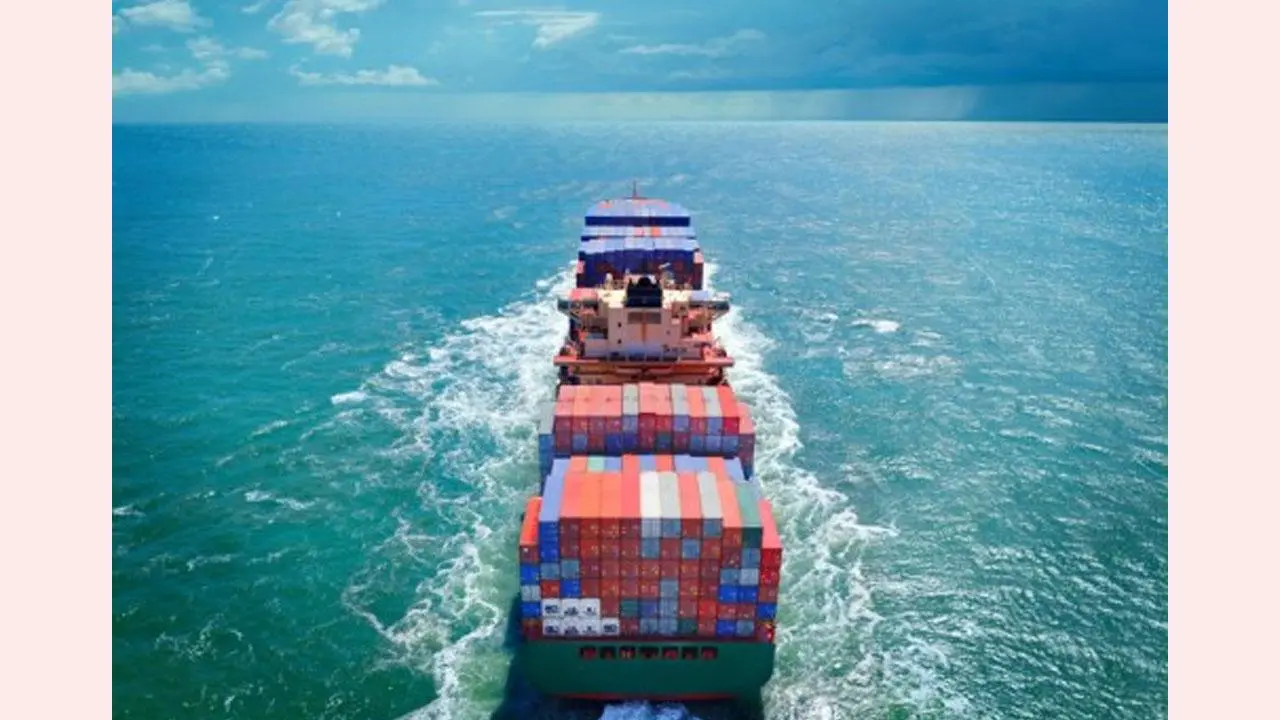Traditional marine insurance policies are designed to cover risks like vessel damage, cargo loss and natural disasters.

Marine Insurance
Imagine a massive cargo ship sailing across the ocean without a single human on board. Sounds like a scene straight from a science fiction flick, right? Well, it’s real. Autonomous ships, also known as crewless or self-navigating vessels, are vessels that operate with minimal or no human intervention. They rely on artificial intelligence (AI), advanced sensors and satellite communication to navigate and make decisions in real-time.
ADVERTISEMENT
While the shipping industry has come a long way, from human-controlled vessels to autonomous ones, it’s a fact that these ships face risks of different nature. This is where marine insurance has evolved to offer comprehensive protection.
Marine Insurance Evolution to Counter Threats Faced by Autonomous Ships
- Cyber Risk Coverage
Traditional marine insurance policies are designed to cover risks like vessel damage, cargo loss and natural disasters. However, for autonomous ships cyber threats remain a significant concern. These ships rely on advanced navigation systems, automated controls and interconnected networks, which make them vulnerable to cyberattacks.
Recognising it, insurers have started offering cyber risk coverage as part of single transit marine insurance policies. This protection helps shipping companies safeguard against potential financial losses caused by a cyber-attack. Such an attack could disrupt vessels' operations, compromise sensitive data or even lead to navigational errors.
- Coverage for Product Liability
Software developers and companies in charge of their development are at the heart of autonomous shipping. They create the technology that powers these vessels. However, this innovation brings a liability shift. When something goes wrong, who is responsible? Traditionally, shipowners and operators bore the risk. Now, as AI and automation take control, the focus is shifting to those who design and build these systems.
Insurers are adapting to this change. They now offer product liability coverage in marine insurance plans tailored for AI-driven systems. This ensures manufacturers and software developers are held accountable if their technology fails. If a software glitch causes a collision or a system error leads to cargo loss, the financial burden isn’t entirely on shipowners.
- Cargo Insurance with AI-based Risk Assessment
Autonomous ships can optimise routes and reduce delays. However, cargo damage remains a major concern.
This is where evolved marine insurance plans can play a crucial role. They protect businesses from financial risks linked to damaged or lost cargo. Traditional insurance models are evolving to keep up with autonomous technology. Insurers are now using AI-driven risk assessment tools. These tools analyse data in real time to predict potential threats.
Summing it up
With the shipping industry undergoing major changes due to autonomous ships, new technology brings forth a new set of risks. The different types of marine insurance plans are taking cognizance of these threats and making provisions to include them to offer holistic protection.
 Subscribe today by clicking the link and stay updated with the latest news!" Click here!
Subscribe today by clicking the link and stay updated with the latest news!" Click here!








